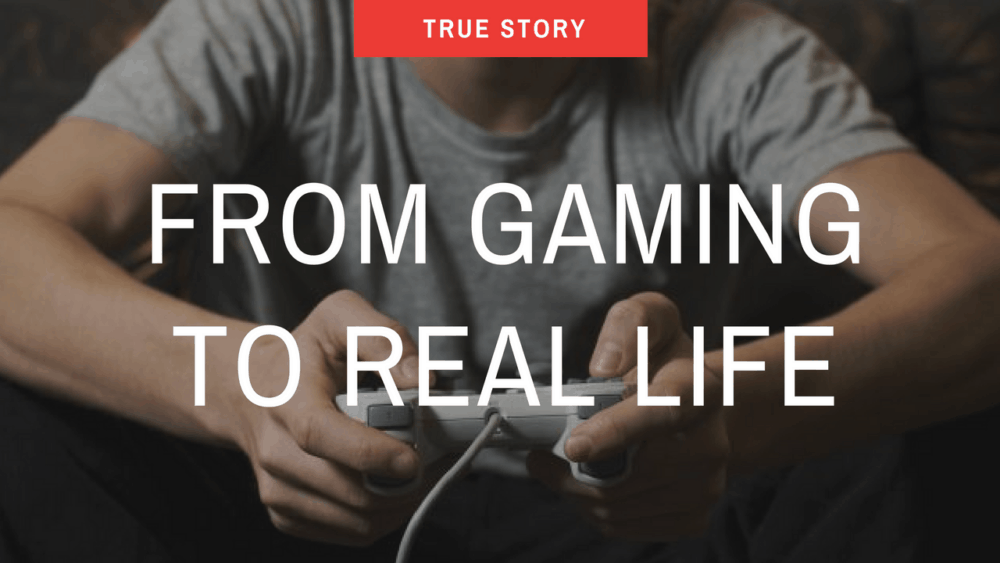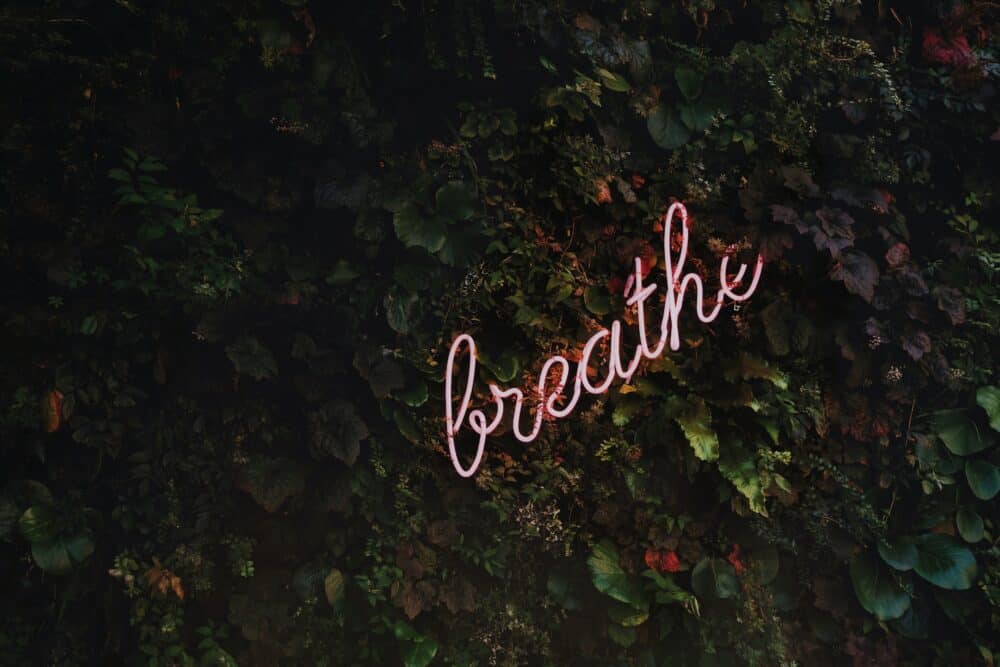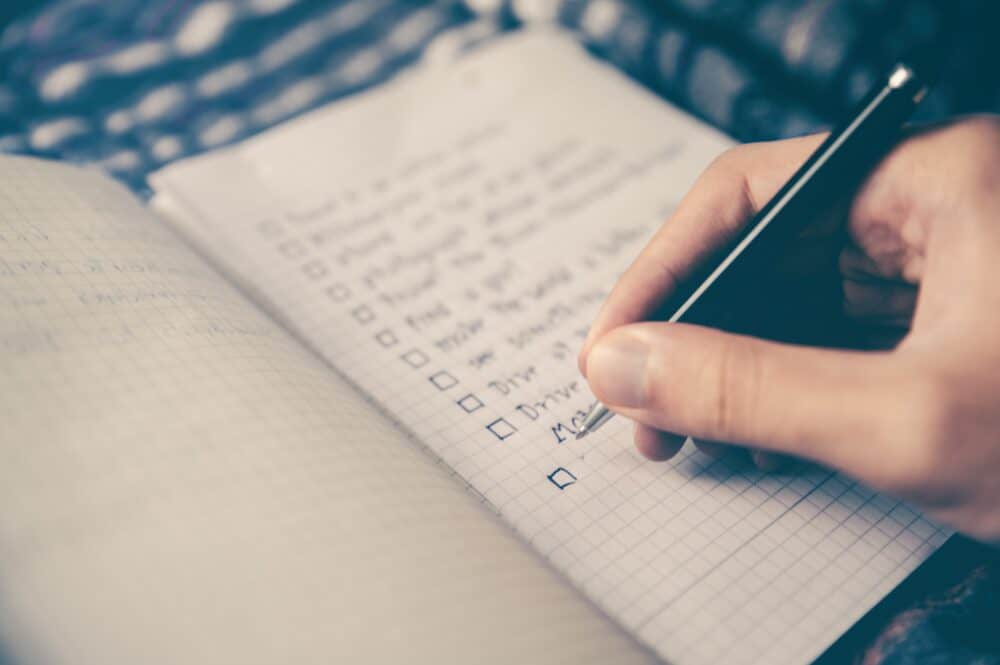A Guide to Quit Gaming for One Year

“We have big plans to travel, start a family, build a home, and live abroad.”
What a year it has been. My life has changed so much in one year that in the occasional moment I actually don’t recognize myself.
I have fought off a long depression, lost weight and got into shape. I have grown mentally and spiritually into a more confident, aware and happy person. I challenged my social anxiety and awkwardness, and can now look people in the eye and hold a conversation. I even mustered all my courage to ask a girl out, we fell in love and I asked her to marry me. She said yes! I also discovered a passion to pursue, and created a vision of an epic life that I’m (we’re) working toward.
This has all been accomplished by a guy who just over a year ago… didn’t work, woke up just to game all day, every day, was overweight with no regards to eating healthy or exercising, dwelled deep in depression with suicidal thoughts, and who was living a lonely, directionless, miserable half-life.
Related: From 60lbs Overweight, to 6-Pack, Married, and 6-Figure Business. Nicholas Bayerle’s Story
Is Gaming Bad?
No. I think they can be absolutely amazing when used for the right reasons. But they can be bad when you use games like I did, to escape adversity I needed to face, to pretend I was achieving goals when my life stood still, to procrastinate, and to cover wounds that required attention and healing.
I’d say it’s not about quitting games. It’s not about finding other things to fill the time games used to occupy. It’s about having a vision for your life, living with intention and purpose toward it, and to experience life to its fullest – whatever that may mean to you.
It hasn’t been all sunshine and rainbows though. Behind every step forward, there was me forcing myself out of my comfort zone, and facing many fears and uncomfortable situations.
Near the end of last year, I had a total breakdown. My world, my hard built habits and routines were turned upside down and thrown out the window. But reflecting on the situation now, I realize those things needed to go to make room for new things. Wonderful things.
I now have a great job that leaves me with time to pursue my passion. I have a life partner to support each other through adversity and also double the amount of fun we both have. We have big plans to travel, start a family, build a home, and live abroad. We’re both working hard toward our individual and mutual goals.
3 Steps to Quit Gaming:
Step 1: Establish Your Foundation

This is the most important aspect of changing for the better, and if you do nothing else but maintain this your life will begin to shift almost automatically. Your foundation involves the following:
- Get Enough Sleep! Maintain a regular sleep schedule, and get the amount of sleep you need. It’s recommended to sleep 7-9 hours a night, but it can actually vary everywhere between 4-11 hours. Be sure you know your individual need! Exercise and diet may be factors too.
- Eat Real Food. A clean diet involves avoiding processed food, additives, and sugar. Learn to read labels, and if the label contains a bunch of words that sound like a scientist wrote them, avoid it! I tried a keto diet and intermittent fasting, and loved both! Find a diet that suits you.
- Exercise! Start small, but be consistent, and build your routine up slowly. I recommend doing something you enjoy, making it as low-thresholded as possible, and scheduling it during a time that you’re most likely to do it. The trick I got myself to exercise was doing it at home, with minimal to no equipment, by watching exercise videos from a preferred YouTube channel as a part of my morning routine. On top of that, I played basketball with friends, went skateboarding, and nowadays, I run with my fiancée.
These are called keystone habits, meaning they are foundational habits that impact every other habit. They even have a supporting effect on each other! Sleep well to have more willpower and energy which will help you make better decisions regarding food and getting yourself to exercise; Eat healthy to sleep better and have the energy to exercise; Exercise to sleep better and have your body craving nutritious food.
I also recommend meditation, which is backed up by science to improve happiness, and reduce anxiety and stress. Meditation provides actual physical changes in the brain on those who practice it regularly!
Step 2: Schedule Your Day

Create a morning and an evening routine. Having a well planned morning will make you excited about waking up and get your momentum going to have a great, productive day. Mine looked like this:
- Wake up immediately. I disabled snooze and placed my phone across the room so I had to leave the bed to turn it off.
- Make your bed. It’s an easy task to create a sense of accomplishment first thing in the morning, and builds momentum to be productive. Plus you have a more clear and organized mindset when your surroundings are in order and no mess or disorder bugging you.
- Water & vitamins. Getting hydrated will give you a boost of energy.
- Mediation. I did 15 minutes. Do whatever amount is low enough to get you to do it consistently every day. Consistency is the key here, not the time of a single sitting.
- Coffee & chill. This was my carrot (motivation) to look forward to mornings. I allowed myself the luxury to just enjoy some good coffee and browse Reddit or watch Youtube.
- Workout. Provides you with energy for the rest of the day, and for me, it was one of the hardest tasks, so getting it done as early as possible helped a lot.
- Cold shower. You have to push yourself, but afterward you feel amazing. Not only that, it’s also a great way to start the day by going out of your comfort zone.
- Get ready for the day. Do everything to make yourself presentable from hair to feet. Making yourself look great will also make you feel great.
That’s it! Craft your own, write it down and make it visible. Seriously. Keep it somewhere you can’t avoid to see every morning. A whiteboard in your room can work wonders.
Read: The Miracle Morning for Addiction Recovery
My evening routine was much simpler: hot shower, brush teeth, etc. Then dim the lights, and read. Your evening routine’s purpose is to act as a cue that the day is done and it’s time to sleep. I have big problems falling asleep, especially during summer when daytime is so long, so having an evening routine has been really important.
Note by Cam: An eye-mask and earplugs have helped me sleep as well.
To plan my day I use Google Calendar. It’s not perfect, but so far the best I’ve found. I plan my days hour by hour so I know what I should be doing and won’t have to waste energy and willpower pondering if or what I should do.
The free hours you have will be limited when you schedule everything. Take 24 hours in a day: 8 hours goes to sleeping, another 8 likely for school or work, leaving 8 hours which includes commuting, cooking, eating, cleaning, picking up kids, walking the dog, time with family/partner … whatever have you.
Start to see the importance of scheduling, and thinking about how to organize your days so you can maximize the time you have to achieve your dream life. Life is all about the choices and sacrifices we make, so make sure you are aware and in control of what you invest your precious time into. Discard anything that is not aligned with your highest potential.
Step 3: Create a Vision

Don’t just fill your time with hobbies, but with things that move you to where you want to go. If you don’t have a vision and goals for your future, now is the time to start figuring that out.
With all of the time that stopping gaming left you, you can now use it to build a vision for your life. The vision will change and shape as you move forward, and that’s okay, but more important than where you’re going is that you are going, because it’s only by going forward that you will know if it’s the right path, or if you need change direction after all.
I started by making a mind map where I put everything I wanted out of life, or at least what I knew I wanted in the moment. Then I planned my days so I was working toward my goals. My days were suddenly filled with purpose and meaning, instead of just hobbies and entertainment to pass the time.
You don’t have to know your purpose or passion yet. To discover them, you’re going to try new things, truly giving them an honest go, and develop useful skills to aid you in the future. Learn a language, woodworking, or programming to name a few useful ones. You can even make a list of things that might interest you, then try them out one by one, crossing off the ones that didn’t spark a flame.
That’s the purpose of quitting games. To free your time to be used with an intention. Envision your life and live each day toward it.
Join our Movement
SHARE this story to let others to know that life is so much better without gaming.
Need help?
Reading this and struggling with a compulsion or addiction to gaming? You are not alone. Check out Respawn, a program specifically designed to help you quit gaming and take control of your life back. Backed by scientific research, join thousands of others like you who have quit gaming. Start your journey today.
Take a Stand
Game Quitters exists to help those who need help with gaming addiction challenges to get the help, and to spread awareness about the negative impact gaming addiction can cause. Want to help? Grab a t-shirt or hoodie and show the world you care about this issue.

